Nurturing your digestion and ensuring the wellness of your gut holds undeniable importance (if you've ever encountered issues with regularity, you're well acquainted with the struggle). Yet, beyond its apparent significance, a robust gut can surprisingly bolster functions such as immunity and potentially even impact mental well-being.
Numerous variables come into play regarding our digestive and gut health, encompassing genetics, birth delivery method (natural birth versus C-section), and the usage of specific medications. Amid dietary factors, certain choices hold the potential to significantly enhance gut health, while others could undermine it. Generally, a diet heavy in heavily processed foods, lacking in fruits and vegetables, and replete with alcohol can exert adverse effects on gut health. Conversely, a diet abundant in fresh produce, plant-based protein sources like nuts and legumes, healthy fats such as avocado and olive oil, and rich in dietary fiber, has shown correlations with positive impacts on gut health. Incorporating fermented foods can introduce probiotics – the beneficial bacteria – into the body, a dynamic support for maintaining gut health goals.
Amid the spectrum of plant-based, fiber-rich, and fermented foods, certain choices transcend the norm to be classified as "superfoods," heralding better digestion and a more vibrant gut.
The following six options deserve a place in your gut-friendly culinary repertoire, ensuring you avail yourself of the remarkable benefits these foods offer. Continue reading to acquaint yourself with these nutritional powerhouses.
1) Watercress:
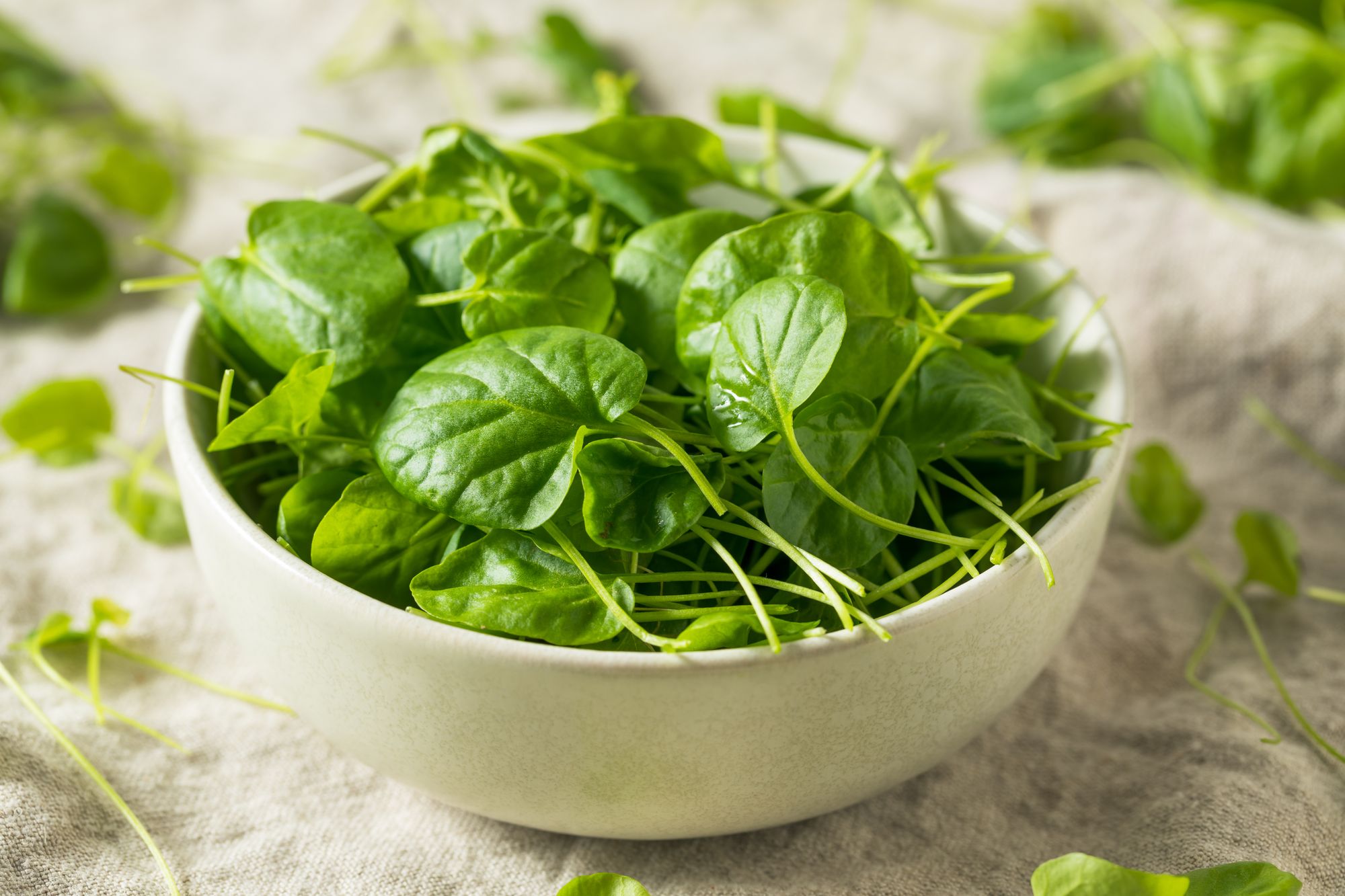
Rooted in traditional medicine for its digestive benefits, watercress emerges as a standout contender. Its low-calorie content is complemented by its role as a natural fiber source, which plays an essential role in supporting the intricacies of digestive health. Intriguingly, studies published in the Journal of Nutrition have unveiled watercress and its cruciferous vegetable counterparts as catalysts for gut microbiome modulation. This modulation ushers in a harmonious balance of "good" bacteria that substantiates immune health and contributes to mitigating chronic, low-grade inflammation. Furthermore, watercress's consumption aligns with a reduced risk of stomach cancer, solidifying its status as a formidable digestive ally.
2) Pistachios:
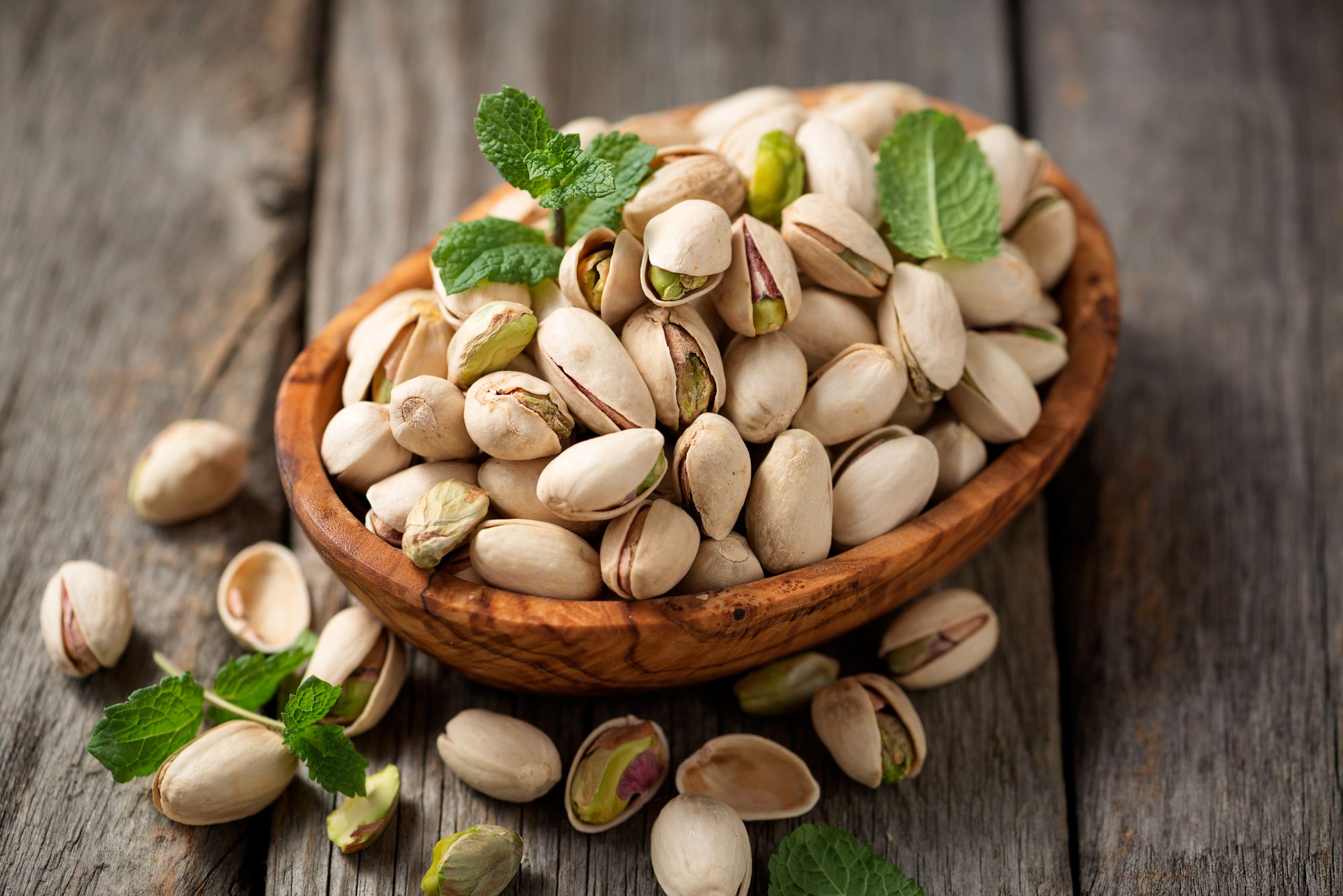
Among plant-based protein sources, pistachios emerge as nutritional powerhouses with a potent fiber content of 3 grams per ounce. Their distinctive profile, featuring a synergy of fiber and phytochemicals, lends them the capacity to influence colon microbiota composition. Engaging with the colon's intricate ecosystem, pistachios are believed to contribute to microbiota modulation. Comparative studies have demonstrated pistachios' superior impact on gut microbiota in comparison to almonds, showcasing their unique potential in fostering beneficial bacteria. Notably, pistachios' fusion of gut-friendly fiber, healthy fats, and plant-based proteins holds promise for aiding individuals managing diabetes.
3) Kefir:
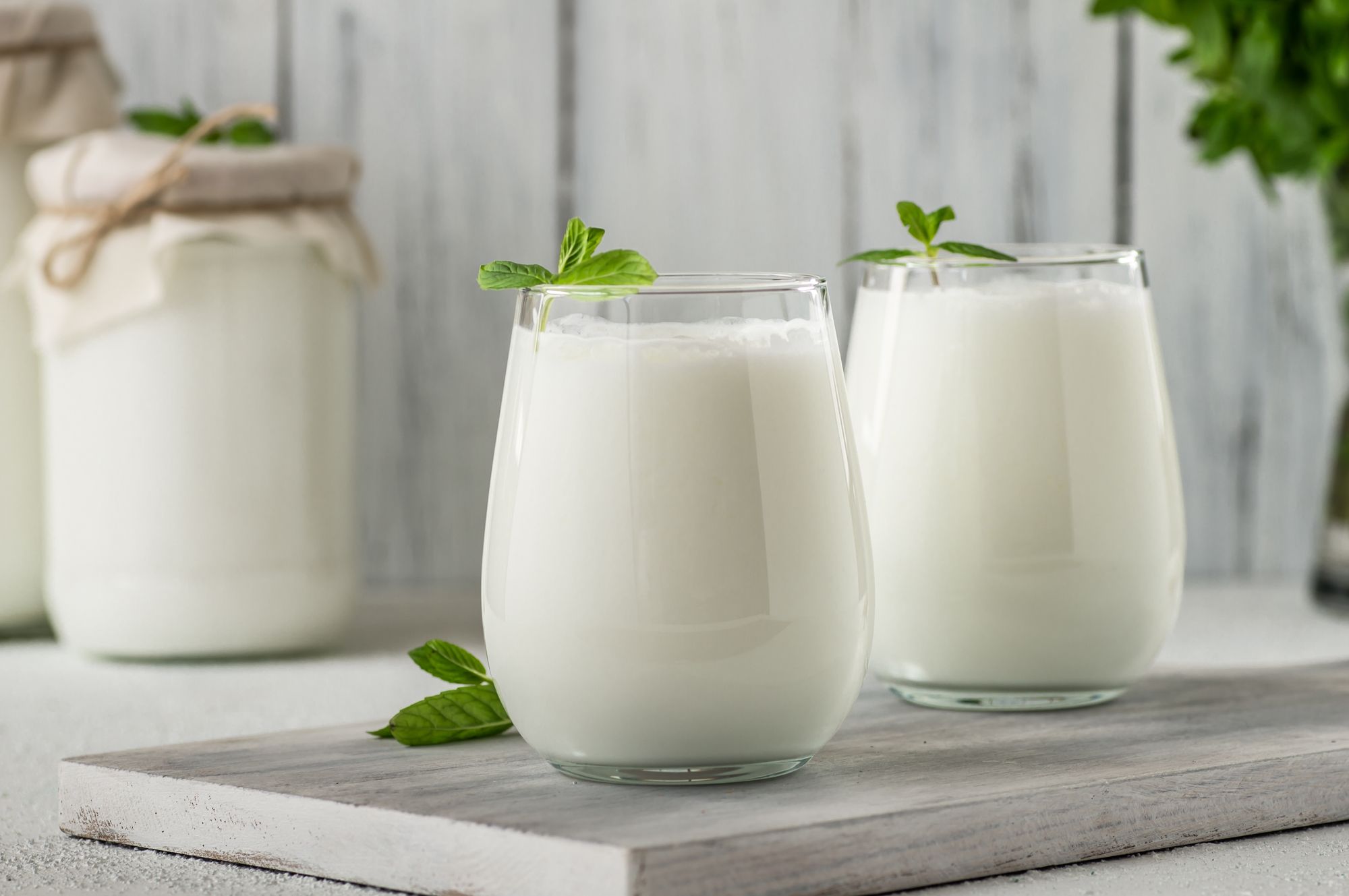
This fermented dairy elixir is rich in lactic acid bacteria, which functions as a robust source of ingestible microorganisms. These microorganisms, in turn, exert a beneficial influence on gut health regulation and offer a potential avenue for addressing inflammatory bowel disease. Long-term engagement with kefir is noted for nurturing a balanced gut microbiome and engendering anti-inflammatory effects, both of which are pivotal contributors to overall gut health. Consistency is key, as incorporating kefir into daily routines yields optimal benefits.
4) Prunes:
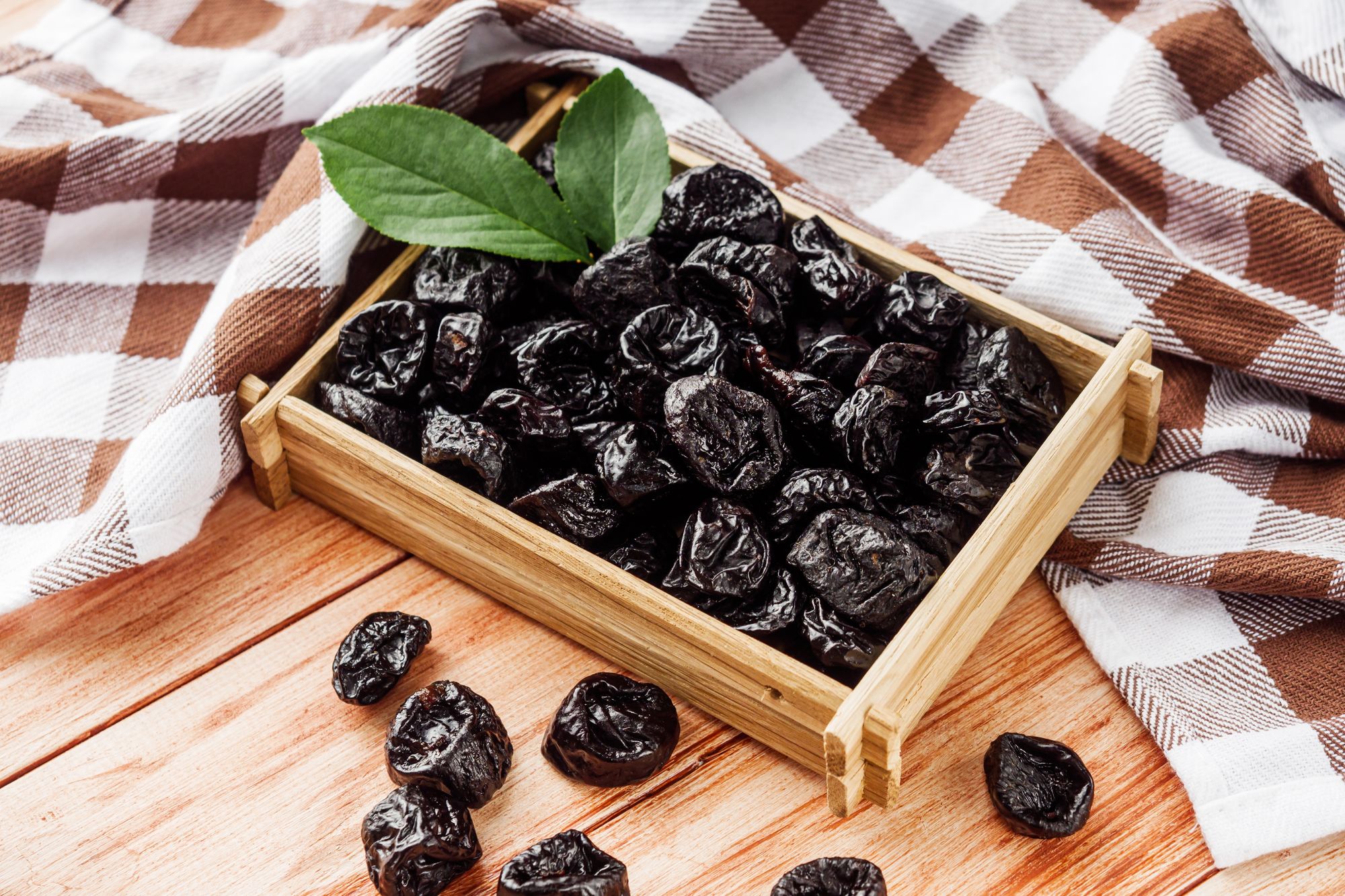
Celebrated for their digestive prowess, prunes boast a fiber content of 3 grams (soluble and insoluble) per serving. This impressive fiber profile resonates with their role in supporting digestive health and facilitating regular bowel movements. In fact, prunes have demonstrated the capacity to significantly augment stool weight and frequency. Evidently, consistent consumption of prunes over a prolonged duration leads to fascinating shifts in gut microbiota composition. This influence extends to enriching beneficial bacterial strains while curbing pathogenic ones, as substantiated by research among postmenopausal women. Such alterations underscore the potential for prunes to foster gut barrier integrity and ameliorate inflammatory markers within the body.
5) Banana:
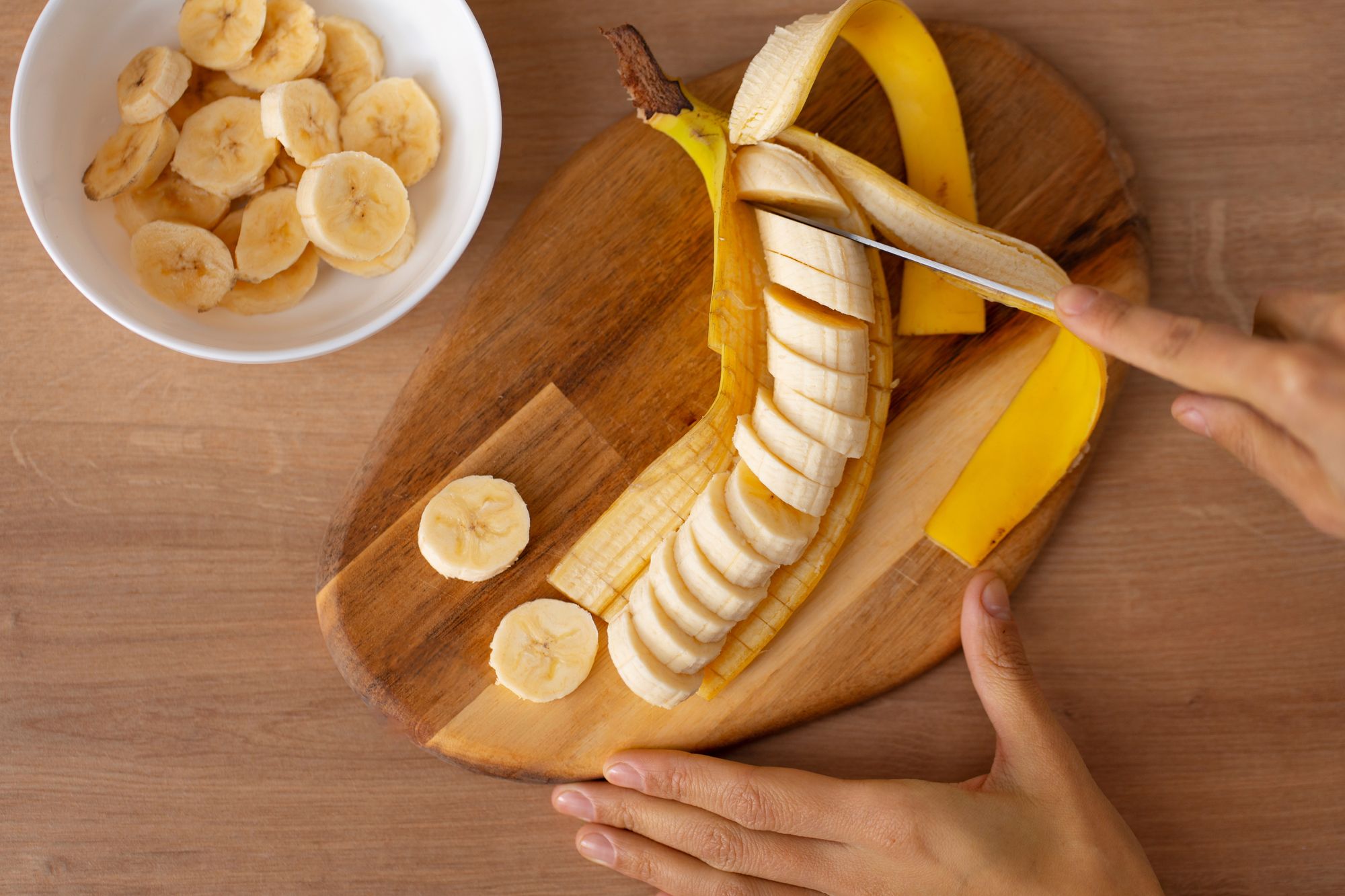
Beyond their universal appeal, bananas emerge as dietary allies for digestion and cultivating a flourishing gut microbiota. Their fiber content stands as a superfood nutrient, facilitating digestion and buoying the health of gut microorganisms through the promotion of regular bowel movements. Delving deeper, slightly underripe bananas, recognized by their faintly green peel, offer an extra dimension of benefit – prebiotic fiber. This specialized fiber acts as a stimulant for probiotic bacteria, contributing to microbiota health in a pivotal manner. Research illuminates that the consumption of bananas prompts an increase in beneficial gut bacteria, concurrently reducing bloating, rendering them a dual-purpose inclusion in gut-conscious diets.
6) Garlic:
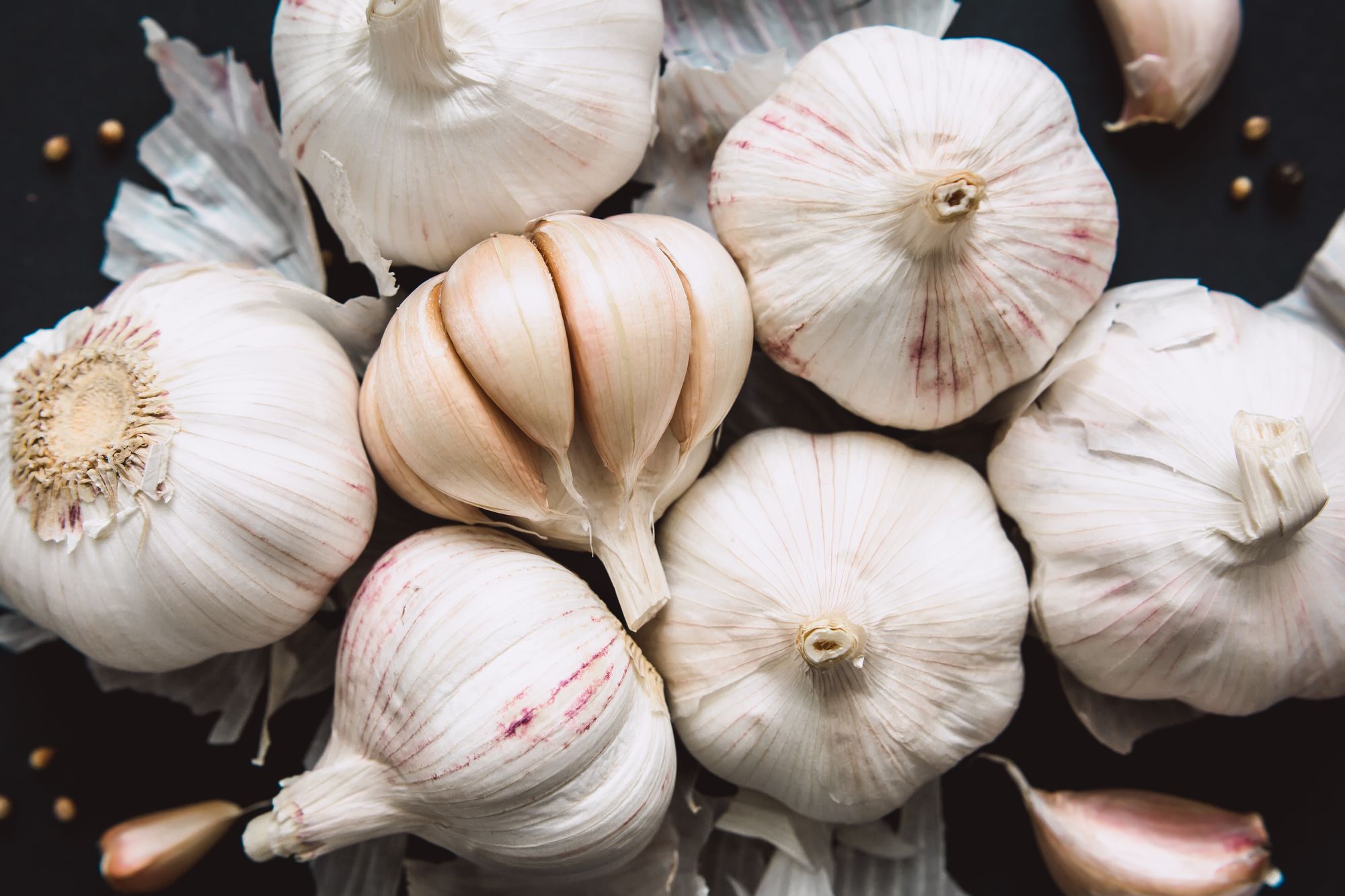
Beyond its aromatic allure, garlic unfolds as a veritable food for digestion. Its multifaceted contributions encompass prebiotic components, antibacterial compounds, and sulfur compounds that impart unique health benefits. Notably, the prebiotic effect of garlic has been linked to supporting the growth of the acidophilus probiotic bacteria, a strain associated with alleviating diarrhea. Intriguingly, scientific inquiry has spotlighted positive shifts in gut microbiota as a result of garlic consumption. These shifts are particularly evident among individuals grappling with obesity, adding a layer of significance to garlic's role in promoting gut health. A significant bonus lies in garlic's ability to impart savory depth to dishes, enabling sodium-conscious individuals to savor robust flavors sans excessive salt.

